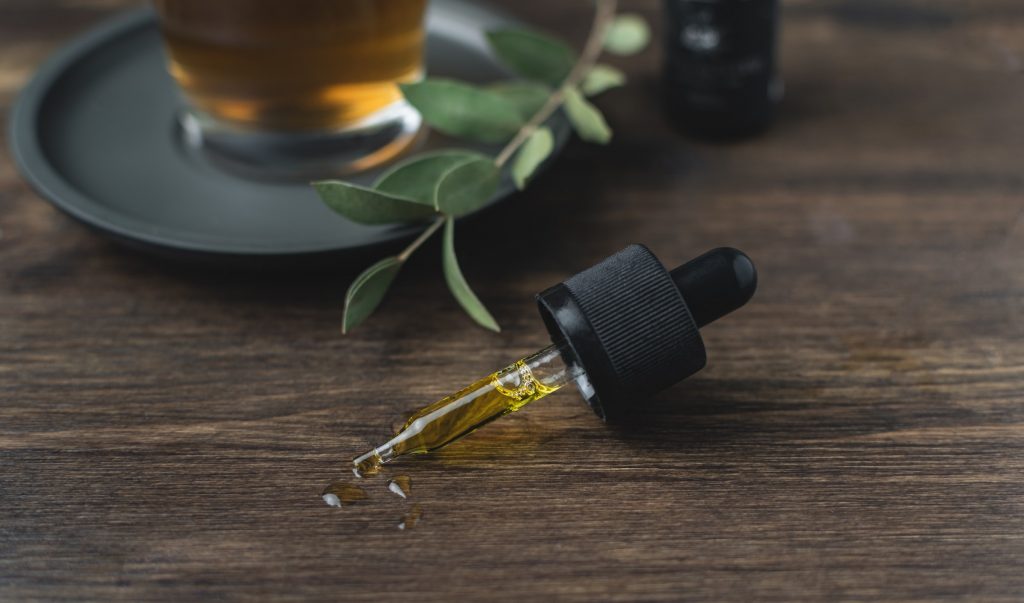In recent years, there has been a growing interest in exploring approaches to harm reduction strategies for individuals who use drugs. One avenue to explore is the potential use of cannabidiol (CBD) as a harm reduction tool. A new rapid review study titled “Cannabidiol as a Harm Reduction Strategy for People Who Use Drugs” provides invaluable insights into the effectiveness and potential benefits of CBD in this context.
Understanding CBD and its Potential Benefits
CBD is a non-intoxicating compound found in the cannabis plant. Unlike THC, CBD does not produce a “high” effect commonly associated with cannabis use. Over the years, CBD has gained attention for its potential therapeutic properties, including anti-inflammatory, analgesic, and anxiolytic effects. These properties make CBD a promising candidate for exploring harm reduction strategies.
Key Findings of the Study
• Reduction in Substance Use:
The rapid review study highlighted that CBD may play a role in reducing the use of certain substances, such as opioids and stimulants. Pre-clinical evidence suggests that CBD could potentially alleviate withdrawal symptoms and cravings, making it a viable harm reduction tool for individuals looking to reduce or quit substance use.
• Anxiety and Mental Health Benefits:
Anxiety and mental health issues often co-occur with substance use disorders. The review study suggests that CBD may have anxiolytic properties, potentially reducing anxiety symptoms commonly associated during substance withdrawal or recovery. Additionally, CBD’s potential anti-inflammatory properties may contribute to improving co-occurring chronic pain and mental health outcomes for individuals struggling with substance use.
• Safety Profile:
CBD has favourable safety profile, with minimal side effects. Unlike opioids or other substances commonly used for harm reduction and pain management, CBD is not associated with the risk of respiratory depression or overdose. This safety profile makes it an attractive adjunct to the standard of care.
While this rapid review study provides valuable insights into the potential benefits of CBD, it is important to note that further research is needed to fully understand its effectiveness and long-term effects. CBD should not be considered a panacea for substance use disorders, but rather as a complementary tool in a comprehensive harm reduction approach. Lastly, it is essential to approach its use within the context of evidence-based practices under the guidance of healthcare professionals.





